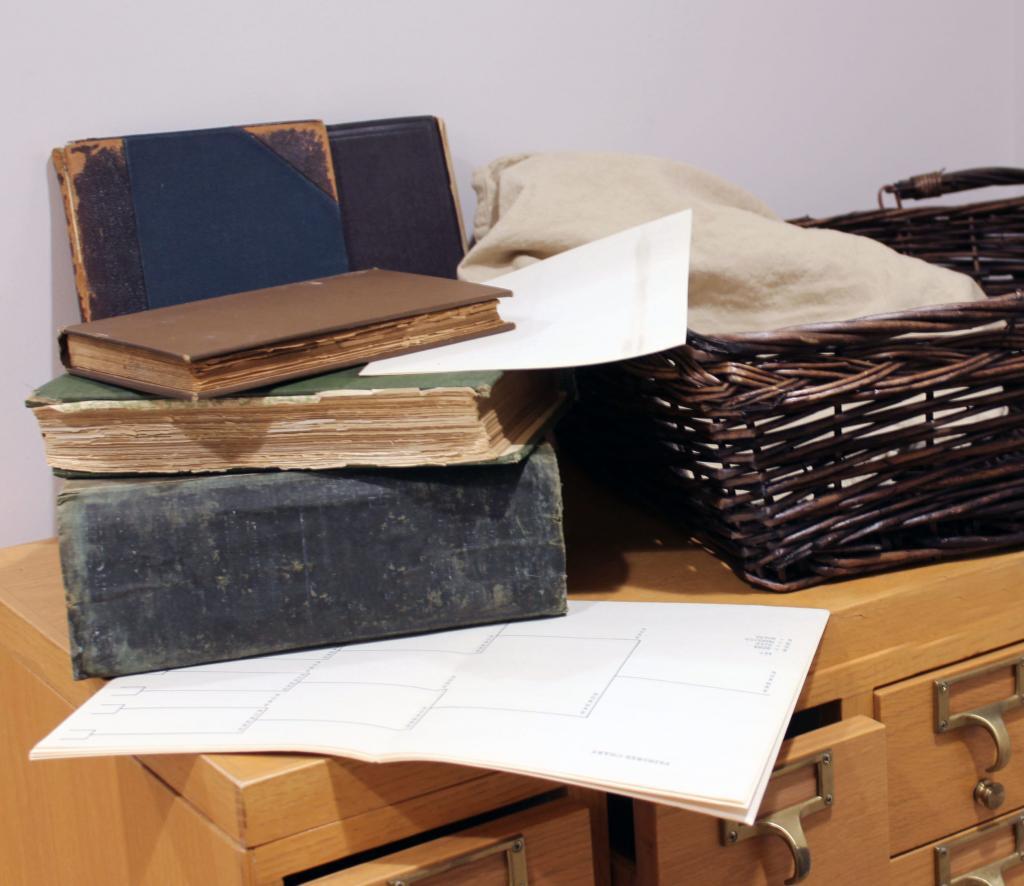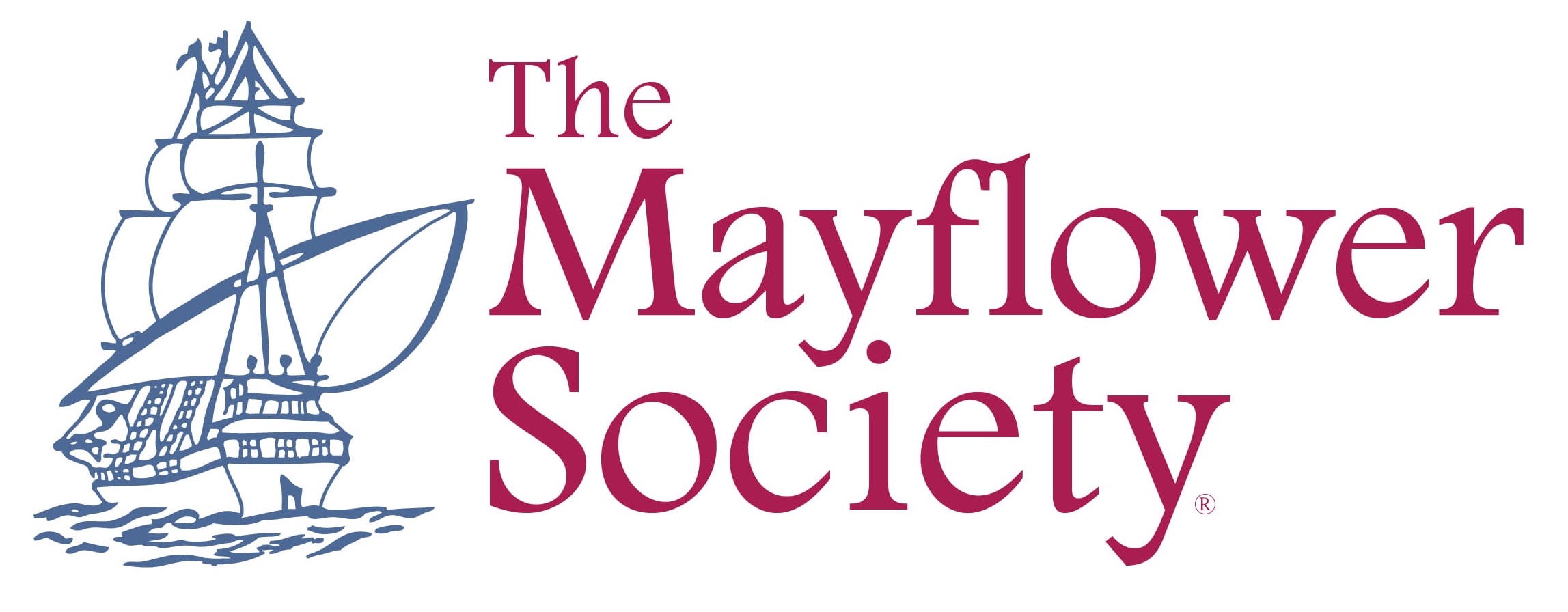
Michaelmas, also known as the Feast of Saint Michael or the Feast of all Angels, is one of the four holidays in England known as the quarter days. The other quarter days are Lady’s Day (March 25th), Midsummer Day (June 24th), and Christmas (December 25th).
The quarter days were not only religious holidays but also served as important civic dates in 17th century England. Traditionally the quarter days were when financial matters were attended to; tenants paid their rent, servant contracts were made, school terms started and all other sorts of financial accounts were settled. Thus even though the settlers in Plymouth belonging to the reformed church would not celebrate or recognize the religious part of Michaelmas, they would certainly know the date for its civic importance.
In 1627 the Plymouth Colony agreed to purchase the remaining stock of the company from the Adventurers (investors) back in England for “…the sum of £1800 of lawful money of England”(Bradford). In order to pay back such a large amount of money the debt was split into nine payments of £200 to be paid “…every year on the feast of St Michael, the first payment to be made Anno 1628 etc.” (Bradford). Thus Michaelmas became an important date to Plymouth Colony’s business dealings.
As holidays often do, Michaelmas had specific foods and folklore associated with it. Goose was a food traditionally served and it was thought having goose on Michaelmas would bring good luck in the following fiscal year. Due to this dish’s popularity, Michaelmas is sometimes referred to as green-goose fair or goose feast. Michaelmas was also the last day to harvest blackberries in England. According to legend, when the ArchAngel Michael threw the Devil out of Heaven, he landed on a blackberry bush. The Devil then cursed and spit on the prickly plant, thus making it bad luck to eat blackberries harvested after this date. While many of Plymouth’s reformed church members might scoff at such superstitions, they would have grown up hearing such tales in England.
Lastly Michaelmas and the other quarter days served an important role for noting the passage of time and keeping the calendar. Since the quarter days were roughly 3 months apart they broke up the year, and many contracts, terms, and laws use these holidays in place of the actual numerical date. For example in Country Justice it is written “And in all other townes watch shall be kept from the feast of Ascension, until Michaelmas, from the Sun setting, until the Sun rising” (Dalton). For a society where literacy was still low, the holidays served as useful calendar markers that occurred at a time each year that was known by everyone – literate or not.
This is but a small sampling of the rich and interesting world that the pilgrims lived in, yet lest I grow tedious I shall end. However, keep looking to this space for 17th century insights and historical context in the future!
